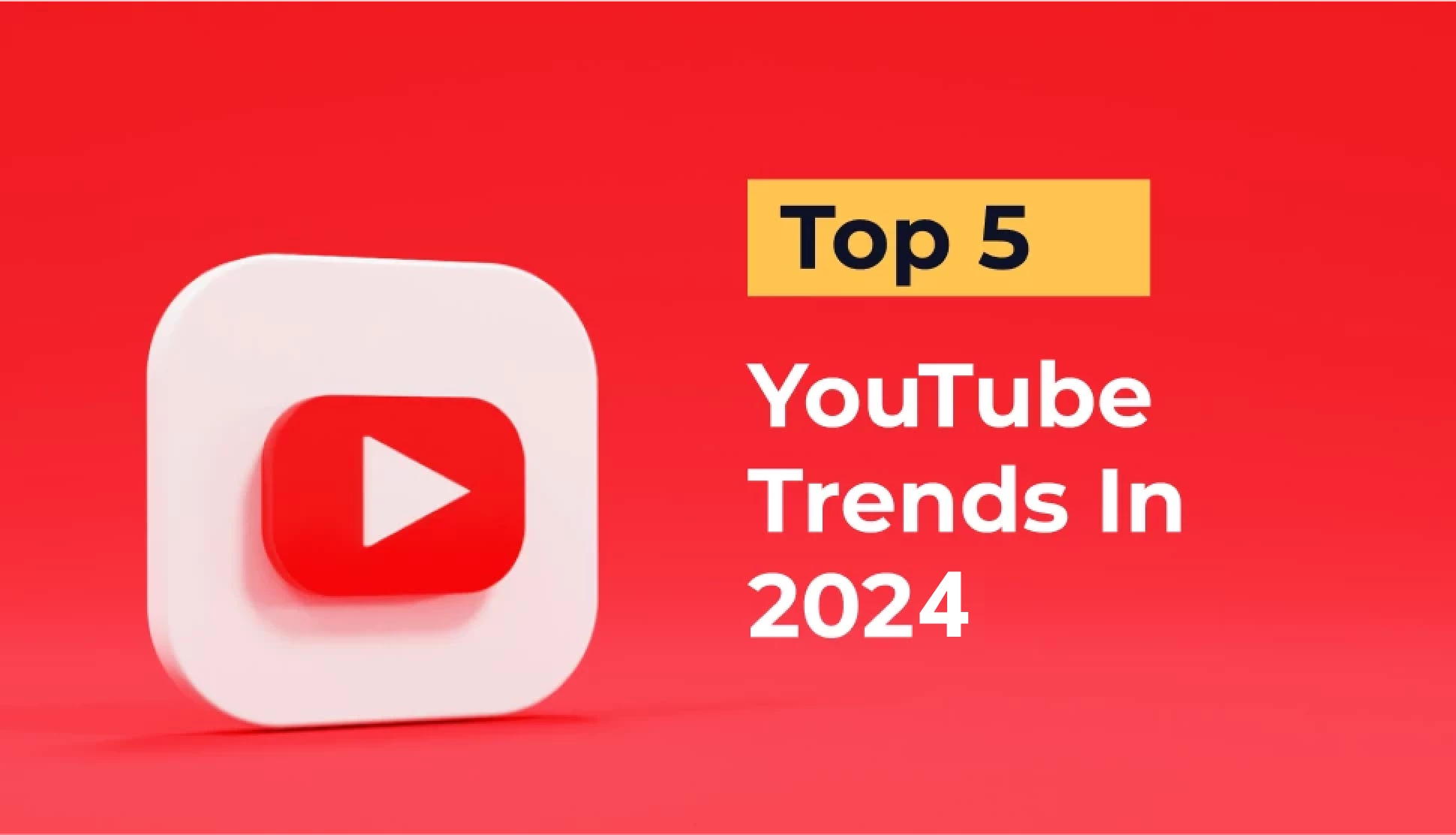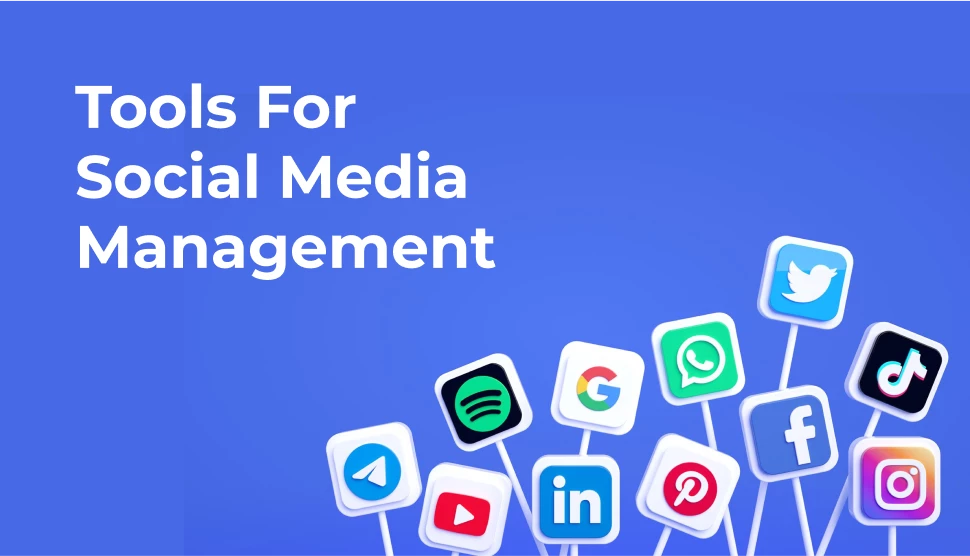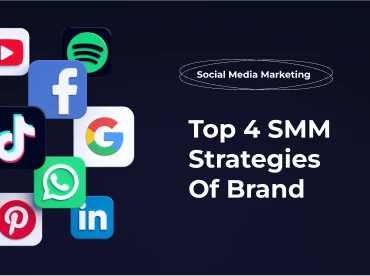PPP (Pay Per Click) In Digital Marketing: A Complete Guide
6 mins | Mar 21, 2023

Introduction
Pay-per-click (PPC) advertising has revolutionized how businesses market their products and services online. As the name suggests, PPC involves paying a fee each time someone clicks on one of your ads, which can appear on search engines like Google, Bing, and Yahoo, as well as social media platforms like Facebook, LinkedIn, and Twitter.
PPC advertising offers numerous benefits to businesses, including targeting specific audiences based on demographics, interests, and behaviors and tracking and measuring your ads' performance in real-time. With PPC, businesses can reach potential customers at the right time, with the right message, and on the right platform, making it a powerful tool for driving traffic, generating leads, and increasing sales.
In this article, we'll explore the world of PPC advertising and provide tips and best practices for creating effective campaigns, selecting the right keywords, writing compelling ad copy, and optimizing your ads for maximum performance. Whether you're new to PPC or looking to take your campaigns to the next level, this article will provide the insights and strategies you need to succeed.
Let’s start with the basics.
What is a Pay-Per-Click Advertisement?
Pay-per-click (PPC) advertisement is a type of digital marketing where advertisers pay a fee each time someone clicks on one of their ads. In PPC advertising, businesses create ads and bid on specific keywords related to their products or services, which appear on search engine results on pages or other websites.
PPC advertising is typically used to drive targeted traffic to a website or landing page, converting that traffic into leads or sales. Advertisers can also use PPC to increase brand awareness and visibility and to retarget users who have previously visited their website or interacted with their brand.
How does PPC Advertising work?
When a user clicks on the ad, the advertiser is charged a predetermined amount based on the maximum bid they placed for that particular keyword. The cost of a click can vary depending on the competition for that keyword and other factors, but the goal is to ensure that the cost per click (CPC) is lower than the return on investment (ROI) generated by the ad.
PPC advertising platforms include Google Ads (formerly Google AdWords), Bing Ads, and social media advertising platforms like Facebook Ads, LinkedIn Ads, and Twitter Ads. These platforms offer various targeting options, ad formats, and bidding strategies to help businesses reach their target audience and achieve their marketing goals.
What are the benefits of having PPC Advertising?
Besides boosting website traffic, PPC Advertising has other benefits too. Let’s look at some of the vital benefits of doing PPC Advertising.
→ Increases Sales:
In PPC Advertising, the search intent is buying. Your PPC ad is focused on a targeted audience, increasing the chances of closing the deal. If online shoppers are happy with your service, they are more likely to be repeat customers.
By using PPC, you can attract new customers with far-reaching potential.
→ Increase Brand Recognition with Remarketing:
Sometimes, a shopper must see something multiple times before making a connection. Remarketing is a tool that shows a site visitor relevant ads on other web pages after visiting your site.
Even if they don’t make a purchase, they now associate your brand with the product they are searching for.
→ PPC Advertising is Measurable and Trackable:
A major benefit of PPC advertising is that it’s easy to measure and track. Simply use the Google Ads tool in combination with Google Analytics.
You’ll see high-level performance details, including impressions, clicks, and conversions (based on the defined business goals).
Voila! There’s no mystery to your PPC performance.
→ Leads to Positive ROI:
Everything that can be measured can be improved and monetized.
PPC campaigns are easy to measure, unlike many other advertising options, meaning you can improve your ads until they produce a positive ROI.
→ Helps your SEO strategy:
You can test your keyword strategy in PPC before committing to long-term SEO strategies. With PPC Advertising, you can also feed your organic keywords into the Ad Campaign and test their searchability. PPC campaigns allow you to improve all your website content without waiting for your content to rank organically.
What are the disadvantages of PPC advertising?
Although PPC advertising can boost the website's overall traffic, it has a few cons. Here’s a look at them.
→ Can be expensive:
PPC is one of the most complex methods to become skilled in and one of the costliest. Though it isn’t impossible to profit from PPC, attempting to do so requires a mindset that is at peace with losing any invested capital at the early start of the campaign. Once the campaign starts to perform, you should start seeing a better ROI.
→ Increased Bounce Rate:
While PPC advertising guarantees a massive traffic base, it can also bring a set of audiences that are not likely to buy from your website. Thereby increasing the bounce rate of the website.
→ It is very competitive:
PPC advertising is a popular marketing method, and competition for popular keywords can be fierce. This means that the costs of PPC advertising can build up fast. Also, it requires constant monitoring to ensure you are getting the return you need from your PPC efforts. If your budget is limited, you may find that you aren’t able to target the keywords you’d like. Bidding wars for popular keywords can drive the price up beyond the reach of smaller companies.
How to do effective PPC keyword research?
PPC (pay-per-click) keyword research is critical to any successful PPC campaign. Here are some steps you can take to conduct effective PPC keyword research:
Define your campaign goals: Start by defining your goals and the specific actions you want your target audience to take after clicking on your ad. This will help you identify the most relevant keywords to your campaign.
Create a list of seed keywords: Create a list of keywords relevant to your campaign goals. You can use tools like Google Keyword Planner, SEMrush, or Ahrefs to generate a list of potential keywords.
Analyze search intent: Look at the intent behind your identified keywords. Are people searching for information, products, or services? This will help you identify the right keywords to target.
Conduct competitive research: Analyze the keywords your competitors are targeting and the ad copy they are using. This can give you ideas for targeting new keywords and help you craft effective ad copy.
Refine your keyword list: Narrow down your list of keywords by focusing on those most relevant to your campaign goals and with high search volume and low competition.
Organize your keyword list: Organize your keyword list into ad groups based on themes. This will make it easier to create targeted ad copy for each group of keywords.
Test and optimize: Once you've launched your PPC campaign, track your results and optimize your keywords and ad copy based on performance data
Effective PPC keyword research requires careful planning, thorough analysis, and ongoing optimization.
How to build an effective PPC Campaign?
Building an effective PPC (pay-per-click) campaign involves a series of steps to ensure you're reaching the right audience with the right message and at the right time. Here are some steps you can take to build an effective PPC campaign:
Set campaign goals:
Define the goals of your PPC campaign, such as increasing sales, generating leads, or boosting brand awareness. This will help you tailor your campaign to your specific objectives.
Choose the right platform:
Identify the platform(s) that will best reach your target audience, such as Google Ads, Bing Ads, or social media platforms like Facebook, LinkedIn, or Twitter.
Identify your target audience:
Determine your target audience's demographics, interests, behaviors, and geographic location. Use this information to create ads that will resonate with them.
Conduct keyword research:
Conduct keyword research to identify the most relevant keywords to your campaign goals and audience. Use these keywords to create ad groups and copy that aligns with your target audience's search intent.
Create compelling ad copy:
Craft ad copy that speaks directly to your target audience's pain points and offers solutions to their problems. Use attention-grabbing headlines, clear calls to action, and engaging ad copy to entice clicks.
Set a budget and bid strategy:
Determine your budget and bidding strategy for your PPC campaign. Consider cost-per-click (CPC), quality score, and ad relevance to optimize your bids.
Launch and monitor your campaign:
Launch your PPC campaign and closely monitor its performance. Track key metrics such as click-through rate (CTR), conversion rate, and cost-per-conversion. Use this data to optimize your campaign over time.
Test and optimize:
Continuously test and optimize your ads, targeting, and bidding strategy to improve your campaign's performance.
You can reap the benefits of a PPC campaign through careful planning, attention to detail, and ongoing optimization. Follow these steps and create a campaign that effectively reaches your target audience and achieves your campaign goals.
Conclusion
In conclusion, PPC (pay-per-click) advertising can be an effective digital marketing strategy for businesses of all sizes. By leveraging the power of search engines and social media platforms, businesses can reach their target audience with highly targeted and relevant ads.
Successful PPC campaigns require a thorough understanding of your target audience, careful keyword research, compelling ad copy, and ongoing optimization. By taking the time to plan and execute your PPC campaign effectively, you can drive traffic, generate leads, and increase sales.
However, it's important to remember that PPC advertising is not a one-time activity. To achieve long-term success, businesses must continuously monitor and optimize their campaigns, adjusting their strategies to achieve their goals.
Overall, PPC advertising offers a powerful way for businesses to reach their target audience and achieve their digital marketing goals. With the right strategy, tools, and tactics, businesses can effectively leverage PPC advertising to grow their brand and drive business results.
Want to execute a PPC advertising campaign for your business? Get in touch with the 12Grids team and boost the overall revenue of your business.
Author







